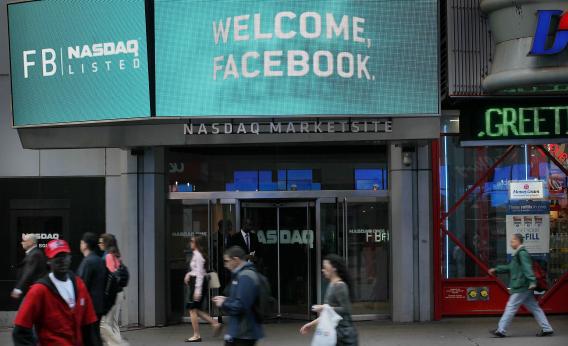Felix Salmon has an excellent rundown of the individuals whose actions led to Facebook’s post-IPO share bust, but I think it’s strange of him to list Mark Zuckerberg as incompetent for his role in this. It seems to me that Zuckerberg is getting exactly what he wants—money and freedom. Salmon says that Zuckerberg “did the IPO no favors” which is true, but his role isn’t to do favors for the IPO it’s to advance his personal goals:
First, he insisted on an unprecedented level of individual control over a $100 billion public company; institutional investors never like that. And secondly, he clearly viewed Wall Street and its investors with thinly-disguised contempt, slouching into IPO meetings—when he bothered to turn up at all—in his hoodie, and signally failing to provide the outward-facing leadership that investors crave. Zuckerberg’s refusal to play the Wall Street game is admirable, in some respects—but at the same time is completely inconsistent with a desire to sell $16 billion of shares at a $104 billion valuation.
The thing of it is that Zuckerberg did in fact succeed at selling those shares at that valuation. Yes, the stock isn’t worth that much anymore. But that just goes to show that after maximizing his control over Facebook and thumbing his nose at the Wall Street game he nonetheless managed to hustle Wall Street for maximum money. Sure underwriters like a nice post-IPO “pop” that lets them reward key clients, but for people making the initial sales an anti-pop is ideal. It means no money was left on the table. Or, rather, it means that negative money was left on the table. And why should he care what happens here on out? It’s not like Zuckerberg is going to go hungry if Facebook shares settle closer to $28 than to $38. He’s an unimaginably rich guy who will never have to have anyone second guess his decisions about what to do with his company and all before turning 30.
